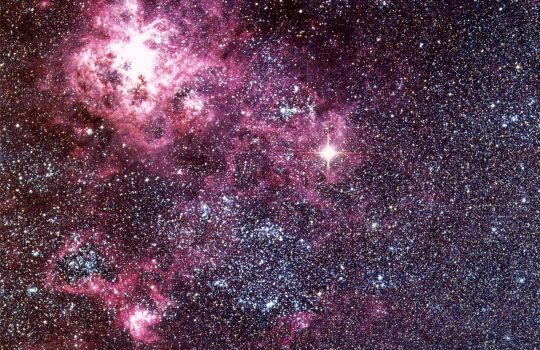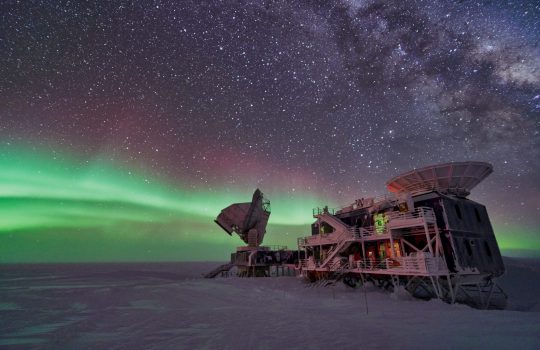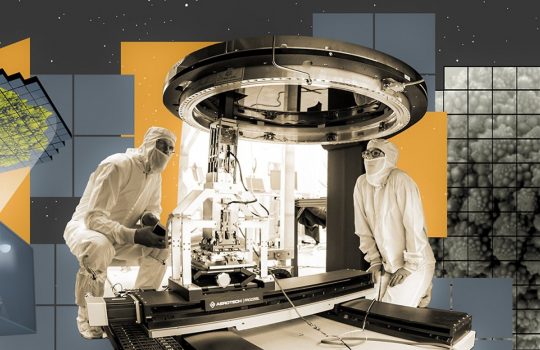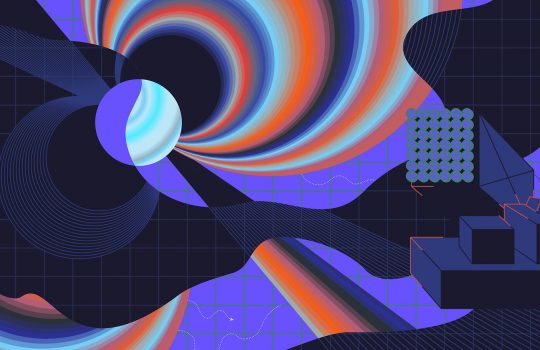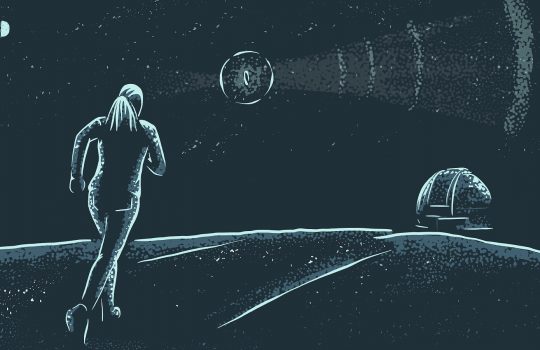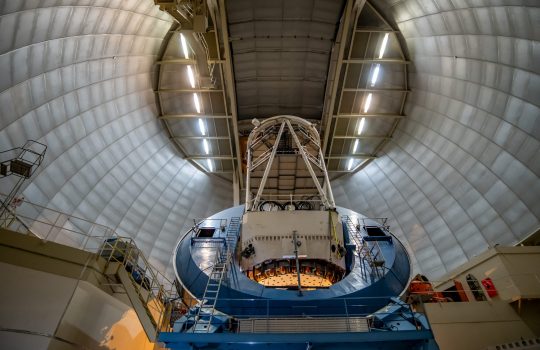If Betelgeuse goes boom: How DUNE would respond to a nearby supernova
The red supergiant Betelgeuse is one of the best candidates for a nearby supernova in the coming decades. The star’s proximity to Earth would present a unique opportunity for studying the physics of supernovae and neutrinos. If Betelgeuse does explode, DUNE will be ready.

